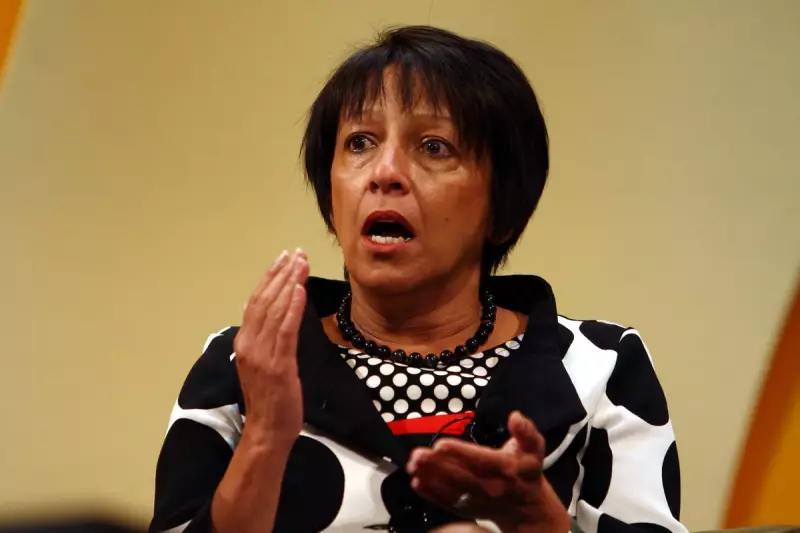
In a move that signals a dramatic hardening of its stance on immigration and human rights law, the new Labour government is actively exploring the possibility of the UK withdrawing from the European Convention on Human Rights (ECHR). This seismic shift in policy, confirmed by Education Secretary Bridget Phillipson, places the government on a potential collision course with the judiciary and human rights organisations.
The revelation came during a tense interview on Times Radio, where Ms Phillipson was pressed on the government's strategy to overcome legal blockages, particularly those that grounded the controversial Rwanda asylum scheme. When asked if leaving the ECHR was "on the table," the minister pointedly refused to rule it out.
"We are not ruling anything out," she stated, emphasising the government's primary focus on addressing the issue of small boat crossings. "We have been clear that we need to make sure that we stop the boats. That is our focus."
Supreme Court Ruling Forced a Rethink
The government's radical consideration follows a definitive ruling by the UK Supreme Court last year, which judged the Rwanda plan unlawful precisely because of risks posed under the ECHR. This legal roadblock has forced ministers to contemplate more extreme measures to enact their flagship immigration policy.
Ms Phillipson defended the potential move, framing it as a necessary step to assert parliamentary sovereignty. "I think people want to see that the government is determined to end this vile trade... and they want to see that the government means business."
A Stark Departure from Labour's Traditional Stance
This position marks a stark and surprising departure from the Labour Party's traditional role as a champion of international human rights frameworks and institutions. It suggests the new administration is willing to adopt previously Conservative-held positions to achieve its operational goals on the UK's borders.
The mere suggestion of an ECHR exit is set to ignite a fierce debate about the UK's commitment to human rights and the rule of law, posing a significant early test for Prime Minister Keir Starmer's leadership and his government's values.





